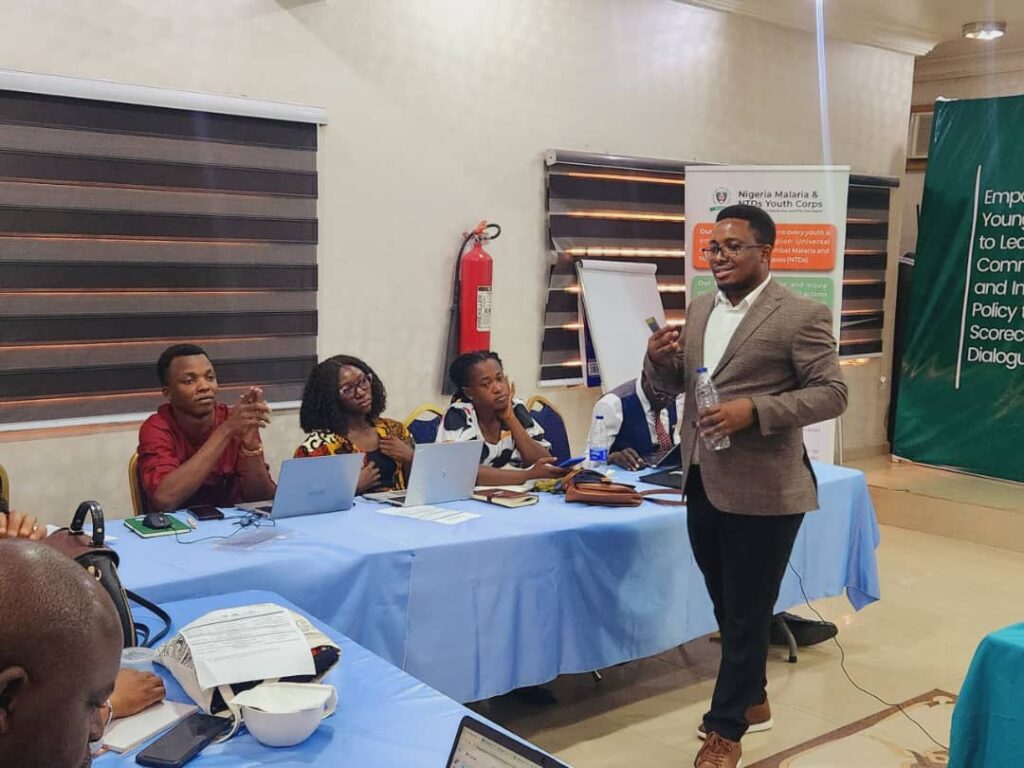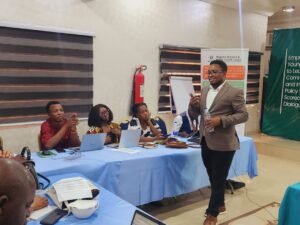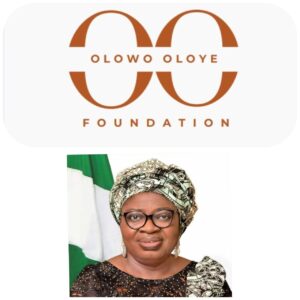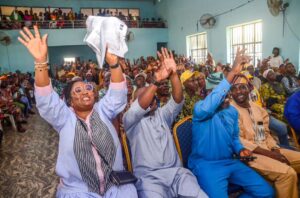Stakeholders Call for Youth Engagement in the Battle Against Malaria

Stakeholders Call for Youth Engagement in the Battle Against Malaria

Stakeholders in the health sector are urging Nigerian youth and women to actively participate in the battle against malaria in the country. This call was made during an engagement meeting in Abuja on Saturday, organized by the African Leaders Malaria Alliance (ALMA) in partnership with The Global Fund and Malaria and NTDs Youth Corps.
Aloyce Urassa from the African Leaders Malaria Alliance welcomed participants and highlighted alarming statistics from the World Health Organization, which ranks Nigeria as the country with the highest malaria infection rates, accounting for over 25% of malaria-related deaths globally. He encouraged all Nigerians to unite in the global effort to eliminate malaria.
Urassa stated, “ALMA is making significant strides in providing malaria services and advocacy, utilizing various platforms, including sports, to engage communities in the fight against malaria. However, this battle faces numerous challenges, such as climate change, funding issues, biological threats like drug resistance, and the emergence of new mosquito species in various countries.”
He also addressed the impact of humanitarian crises in parts of Africa, such as South Sudan, and the ongoing conflicts in Sudan, which have led to increased numbers of immigrants and refugees. He emphasized the importance of collaboration among women and youth to accelerate the goal of achieving zero malaria, stating, “Zero malaria starts with me, it starts with you, and it starts with all of us.”
Chinyere Nkobie, a representative from the Federal Ministry of Health’s Family Health Department, pointed out the need for a critical analysis of why malaria persists despite substantial investments in combating the disease. She highlighted the importance of incorporating a gender perspective into malaria intervention strategies, stating, “Examining the gender dynamics will help us understand why women and children, who are most in need of these interventions, are not accessing them.”
Nkobie emphasized that understanding the barriers faced by women and children, including cultural norms and gender-related factors, will enable the redirection of interventions to address these obstacles effectively.
Beeve Hua, a representative of the Nigeria End Malaria Council, praised the inclusion of gender considerations in the fight against malaria, asserting, “Integrating the gender component into our efforts is a vital step forward. Together, we can harness the energy of the youth to make malaria a relic of the past.”






